On 15 October, the 2nd Academic Conference on Tripartite Cooperation between Shanghai University of Finance and Economics (SUFE), Hitotsubashi University (HU) and Institute of Japanese Studies, Chinese Academy of Social Sciences (IJSAS) was held in Room 302, Phoenix Building, Shanghai University of Finance and Economics (SUFE), with the theme of the conference ‘Public Governance in the Context of Big Data’. Big data has not only changed our way of life, but also profoundly affected all aspects of public governance. At the new historical starting point, the construction of public governance is facing new tasks and challenges. In this conference, the participating experts and scholars exchanged discussions on how to fully understand the importance of big data, explore the application mode and methods of big data in public governance, and improve the modernisation level of public governance.

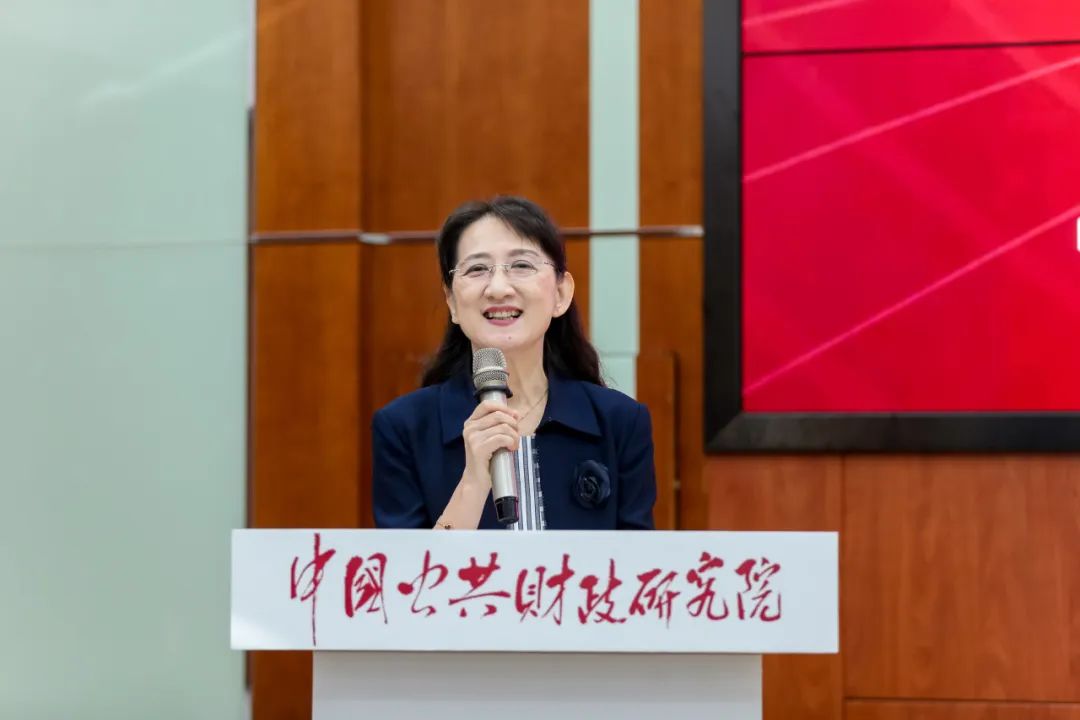
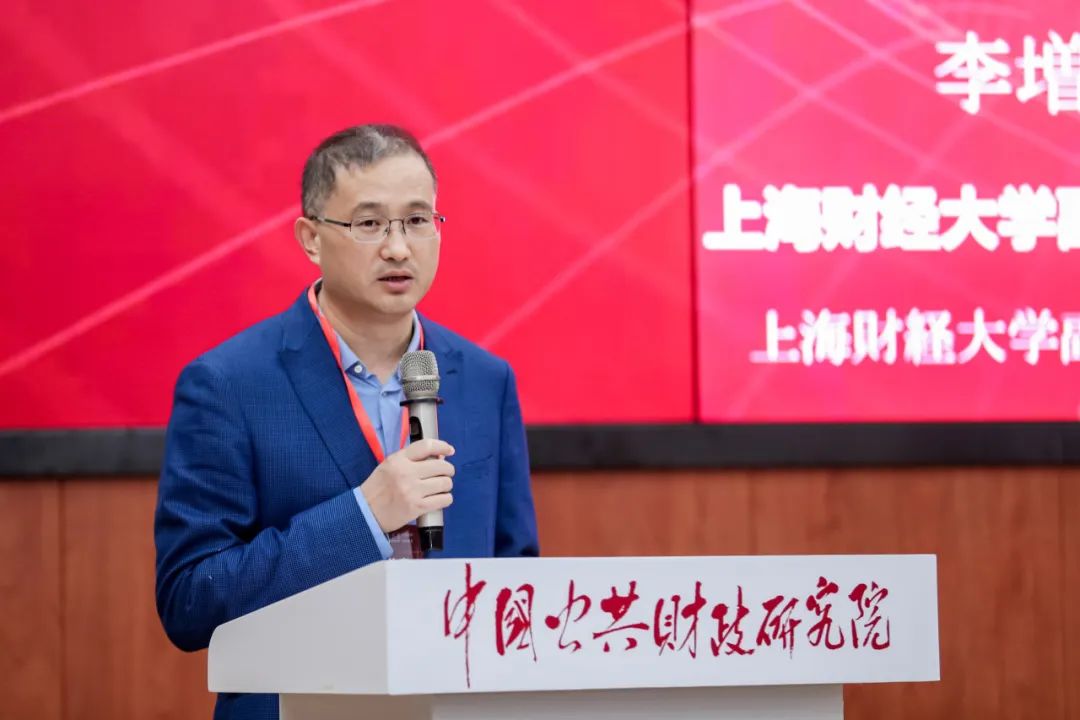
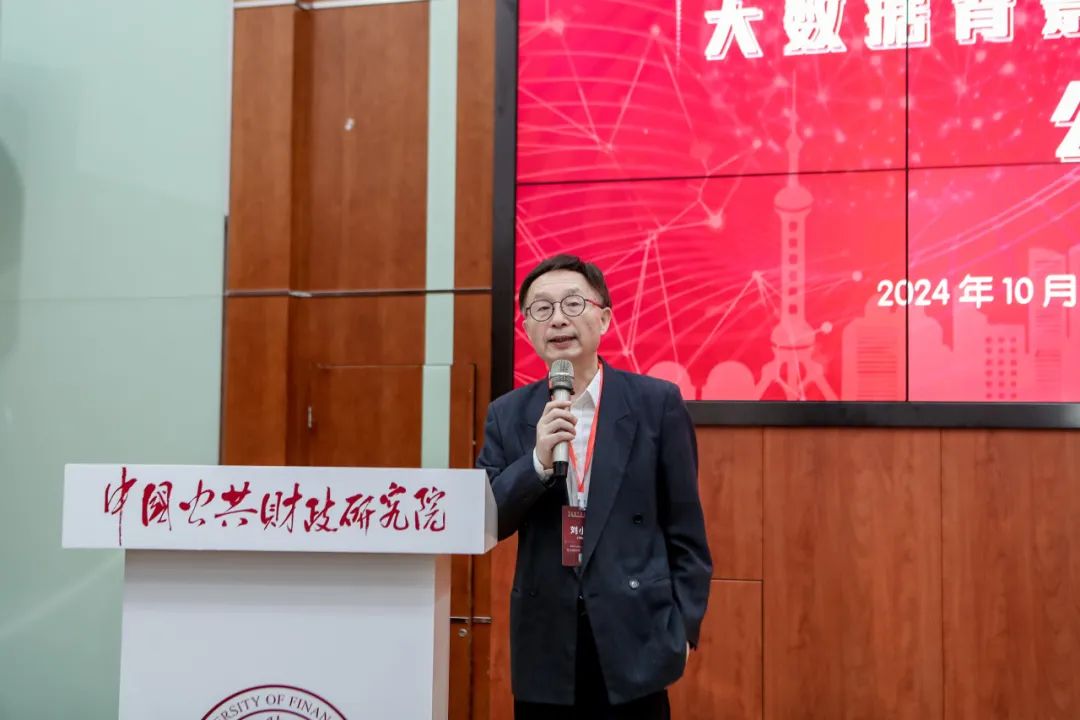
This Sino-Japanese International Academic Exchange was hosted by Shanghai University of Finance and Economics (SUFE) and organised by the China Institute of Public Finance (CIPF) of SUFE, with Prof Liu Xiaochuan, Executive Director of the Institute of Public Finance of SUFE, as the overall moderator of the meeting. A brief opening ceremony was held before the start of the academic exchange.
At the opening ceremony, Professor Li Zengquan, Vice President of Shanghai University of Finance and Economics (SUFE), Professor Jiro Yashiki, Vice President of Hitotsubashi University, and Researcher Yan Kun, Secretary of the Party Committee of the Institute of Japanese Studies of the Chinese Academy of Social Sciences (IJSAS), delivered speeches one after another. Vice President Li Zengquan welcomed and thanked all the scholars for gathering in Shanghai University of Finance and Economics, and gave a brief introduction of Shanghai University of Finance and Economics and China Institute of Public Finance of Shanghai University of Finance and Economics. He said that this conference focuses on public governance in the context of big data, which has important academic and theoretical significance, and wished the conference a complete success.
In his speech, Vice President Jiro Yashiki expressed his gratitude to the organisers, recalled the exchanges and cooperation between Hitotsubashi University and Shanghai University of Finance and Economics and the Japanese Institute of the Chinese Academy of Social Sciences over the years, and hoped that experts and scholars could widely exchange cutting-edge research results and provide new thinking on social governance in the era of big data. Secretary Yan Kun thought that this academic exchange continued the concern of the three parties about livelihood issues, and how to improve the governance capacity of the government and promote mutual trust and cooperation between the government and the people in the era of big data is an important livelihood issue. She said that China and Japan have their own advantages in digital governance and hoped that exchanges could be strengthened.
The morning session was hosted by Prof Wang Chong, Vice President of China Institute of Public Finance, Shanghai University of Finance and Economics. Professor Guo Feng of School of Public Economics and Management, Shanghai University of Finance and Economics, gave a keynote speech on ‘Data Resources and Data Assets in the Era of Digital Economy’, which covered the sources and characteristics of data resources, the reasons for the transition from data resources to data assets and the current situation, as well as the challenges and risks in the inclusion of data assets in the table.
Professor Chihiro Shimizu of the School of Social and Data Sciences, Hitotsubashi University, Japan, gave a keynote speech on ‘The Creation and Bursting of Japan's Real Estate Bubble: Urban Environment and Real Estate Price Measurement in the Context of Big Data’, in which he introduced the long-term impacts of the bursting of the land myths on the Japanese economy, and discussed the methodology of real estate price index measurement in the era of big data based on his own extensive researches. Price Index Measurement Methods.
In his keynote speech on ‘The Important Role of Culture in Public Governance’, researcher Zhang Jianjian, Director of the Department of Social and Cultural Studies at the Institute of Japanese Studies, Chinese Academy of Social Sciences, emphasised the importance of culture in public governance by comparing the specific cases of China and Japan. He argued that the implementation of effective public governance must respect, guide and build culture.
Assistant Researcher Guo Pei, Deputy Director of the Department of Social and Cultural Studies, Institute of Japanese Studies, Chinese Academy of Social Sciences, gave a keynote speech on ‘Digital Progress, Characteristics and Implications in Japan's Aging Society’, which analysed Japan's digital initiatives to cope with aging, its progress and main characteristics, and provided insights on China's modernisation of its smart aging capabilities by taking into account the main challenges of promoting digital aging in China. By analysing the digital initiatives, progress and main features of Japan's response to ageing, and combining them with the main challenges of promoting digital ageing in China, the lecture provides insights into the modernisation of China's ability to enhance smart ageing.
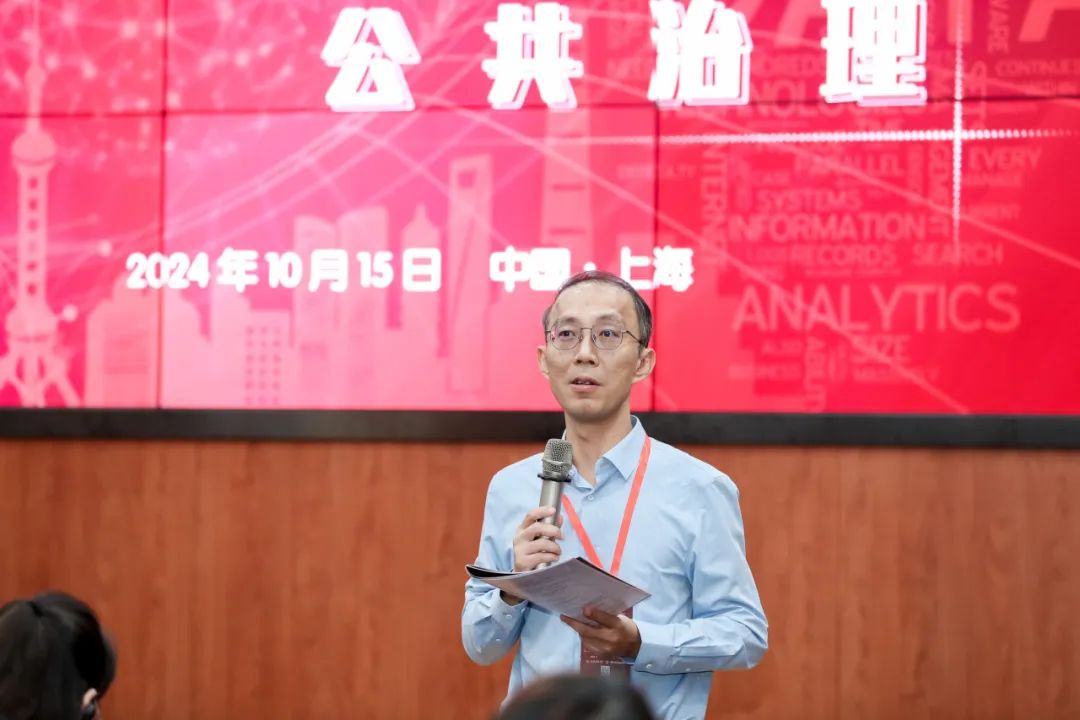
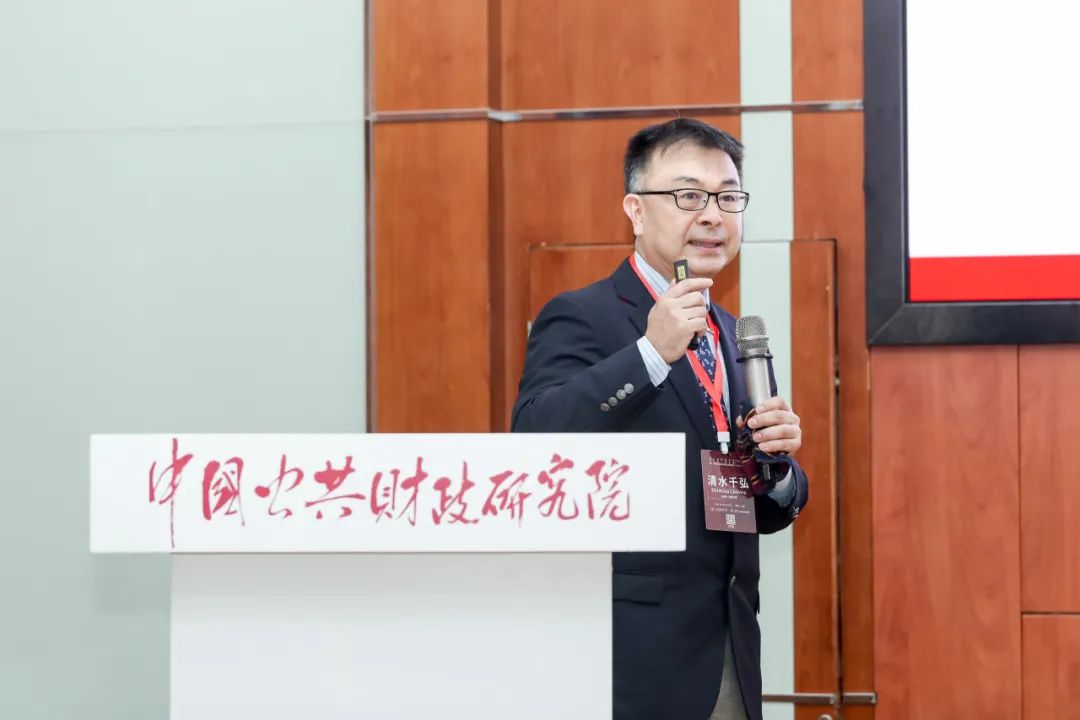
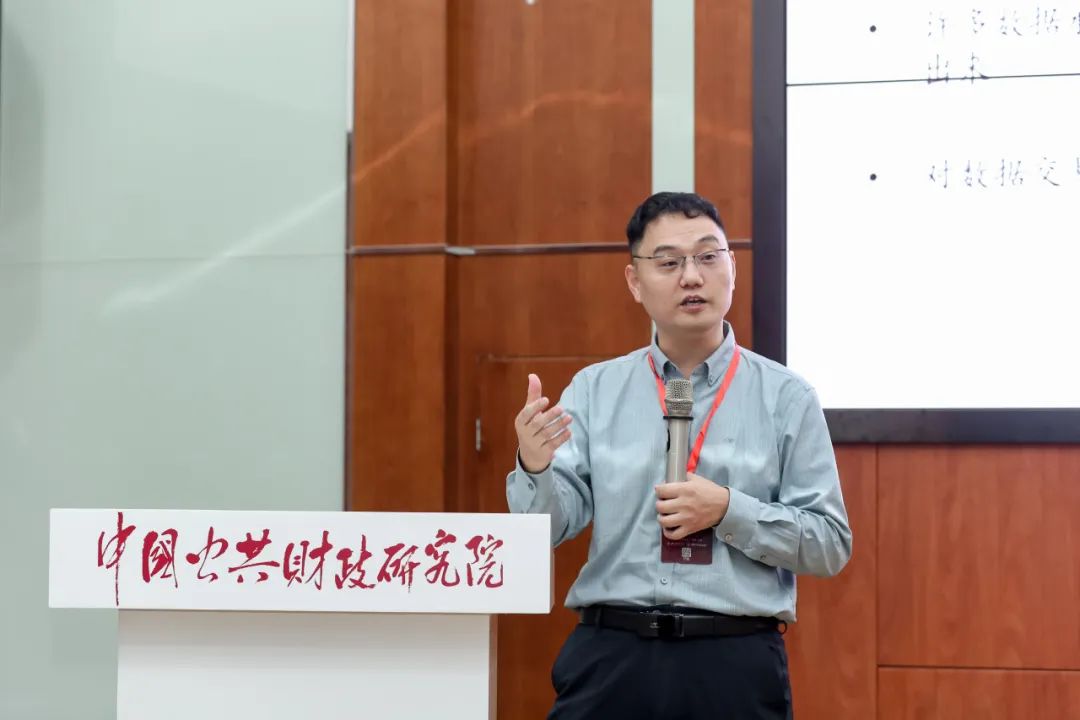

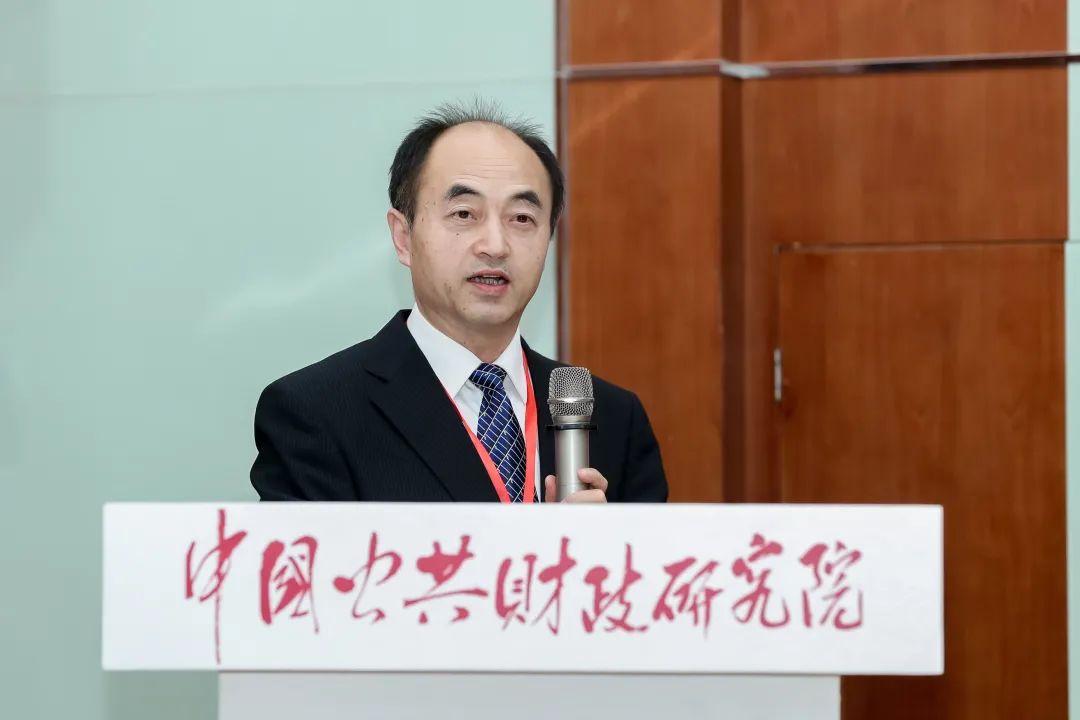
The afternoon session was moderated by Associate Professor Zhang Muyang Changzheng, Associate Dean of the China Institute of Public Finance, Shanghai University of Finance and Economics (SUFE). Professor Liu Jianguo, Chair of Digital Economy, Shanghai University of Finance and Economics, gave a keynote speech on the topic of ‘Social Governance Innovation Based on All-Media Data’. Based on a series of his own research, he gave a detailed introduction of the paradigm shift in social governance decision-making, and shared his views on the characteristics of human-computer-converged social networks, and the problems faced by the research on human-computer-converged social networks. aspects were shared.
Prof. Keiichiro Uesugi, Institute of Economic Research, Hitotsubashi University, Japan, gave a keynote speech on ‘Corporate Finance after the Shinkansen Epidemic’, in which he gave an overview of the financing situation of Japanese corporations since the 1990s, analysed the current situation of corporations with very high and very low debt dependence, and discussed the impact of the Shinkansen Epidemic on corporations with high debt dependence. The impact of the Shinkansen epidemic on firms with high debt dependence is discussed.
Professor Reine Takahisa of the Faculty of Economics, Hitotsubashi University, Japan, gave a keynote speech on ‘Governance and Data Utilisation of Healthcare Policy in Japan’, in which she briefly described the expansion and utilisation of data in Japan's healthcare policy, and discussed the issue of ‘healthcare meltdown’ in the context of the Shinkan Epidemic, taking into account her own relevant research. He also discussed the issue of ‘medical collapse’ in the Shinkan Epidemic in the light of his own research.
Hu Peng, Research Fellow of the Social and Cultural Research Department of the Institute of Japanese Studies, Chinese Academy of Social Sciences, and Secretary General of the Chinese-Japanese Society, gave a keynote speech on ‘Wisdom and Empowerment: Social Governance Innovations in the Mega-City of Beijing: A Comparison with Japan's Social Governance’. She briefly described the three stages of social governance in China, analysed the social problems faced by Beijing and its innovative practices in social governance, and further compared the experience of social governance with that of Japan.
The keynote speech by Associate Professor Wang Yinchang of the School of Public Economics and Management, Shanghai University of Finance and Economics, entitled ‘Research on Public Projects from the Perspective of Global Governance: Multivariate Data and Comparative Analyses’, discussed the factors affecting foreign investment in public projects in developing countries from the perspectives of global governance, politics and society, economy, and managerial level.
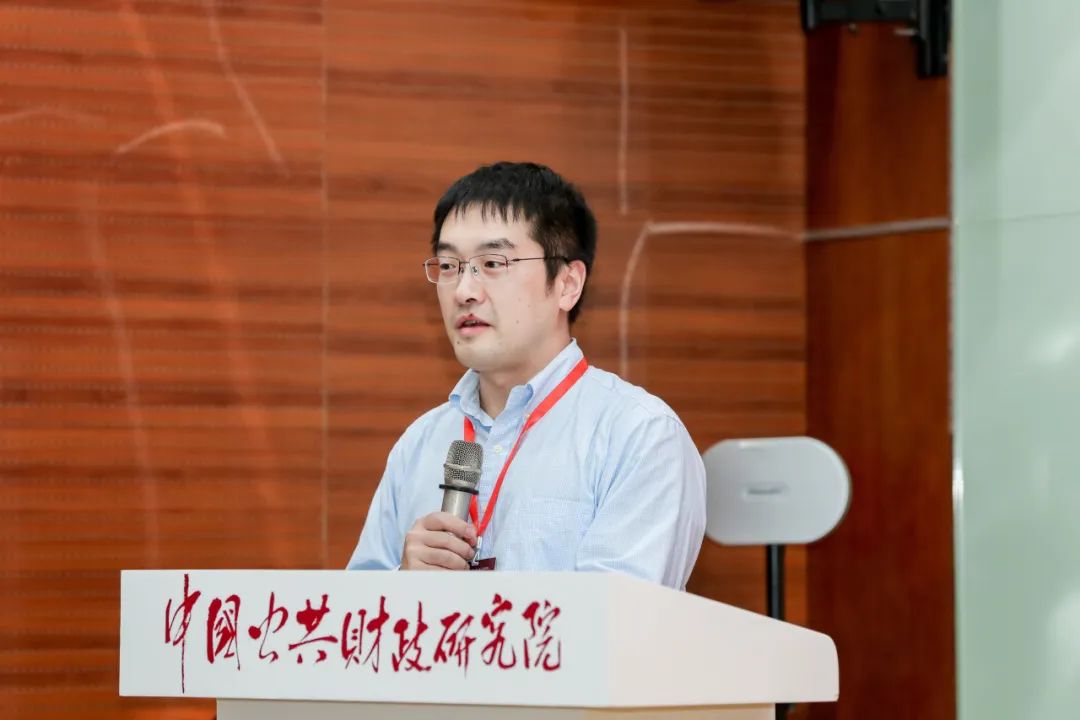
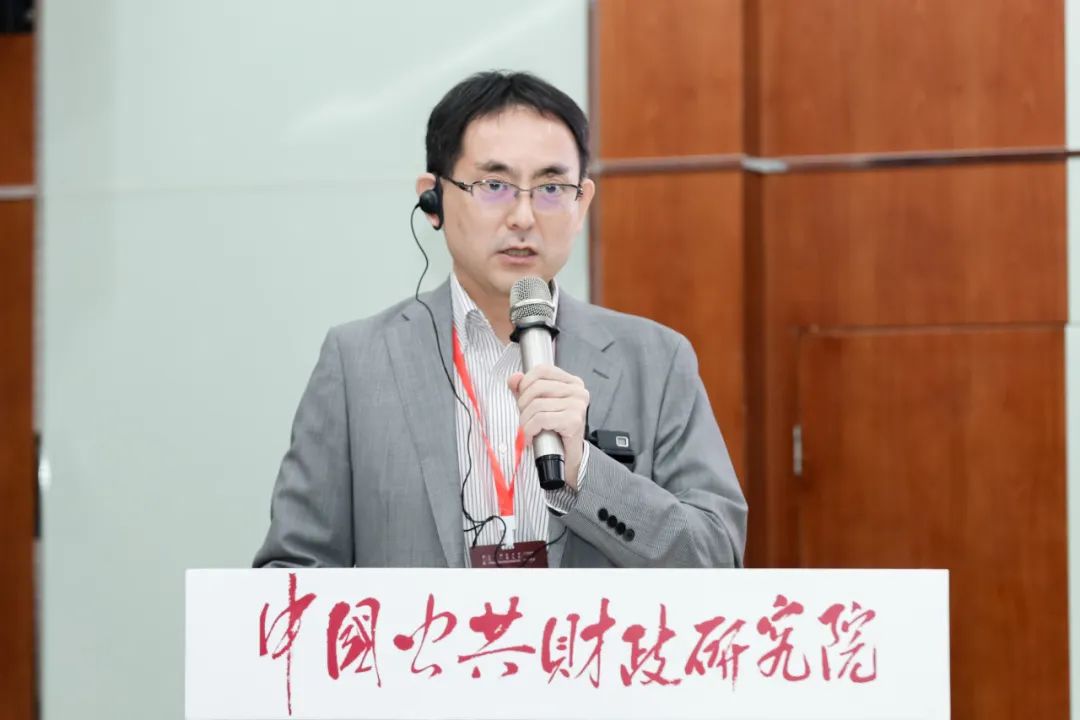
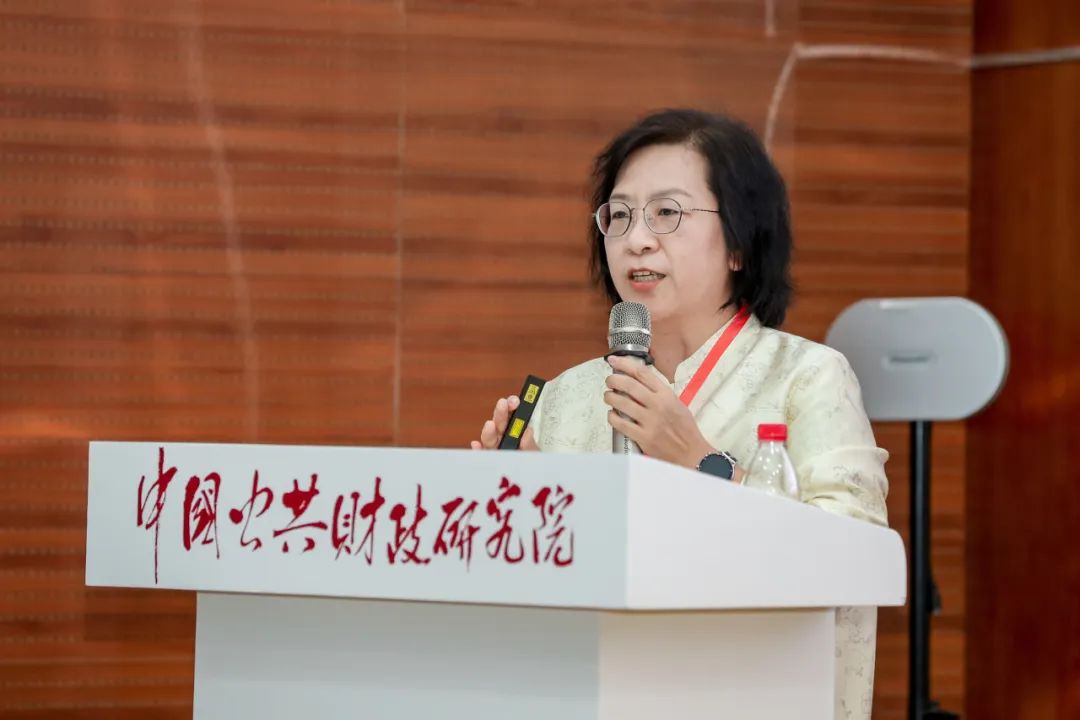
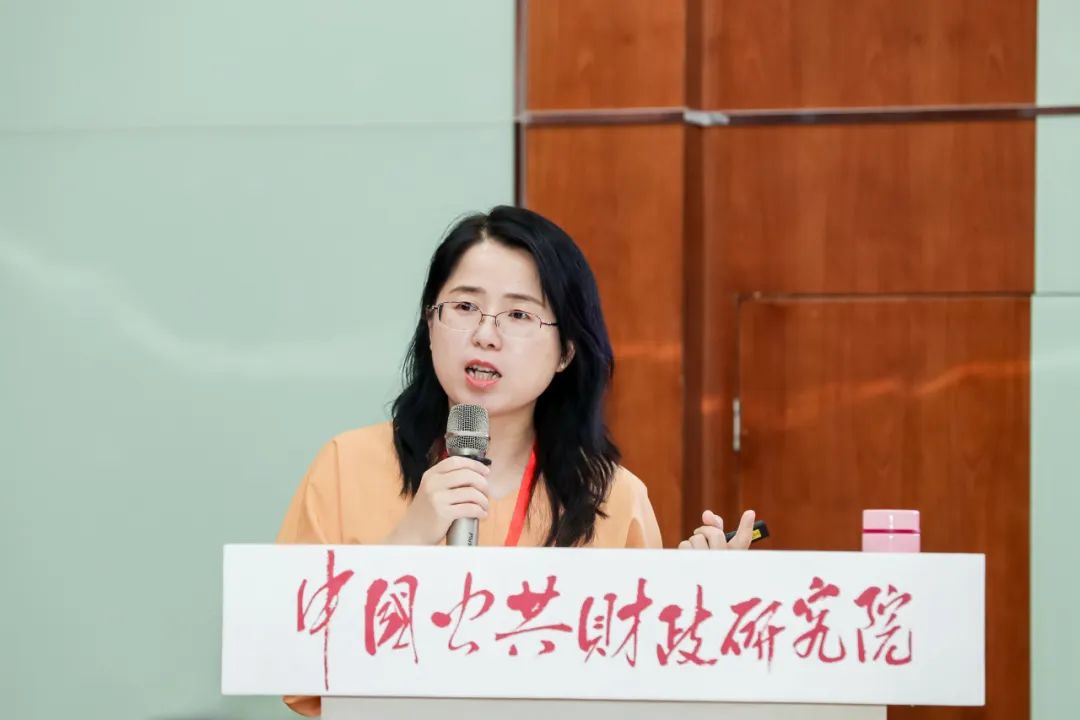
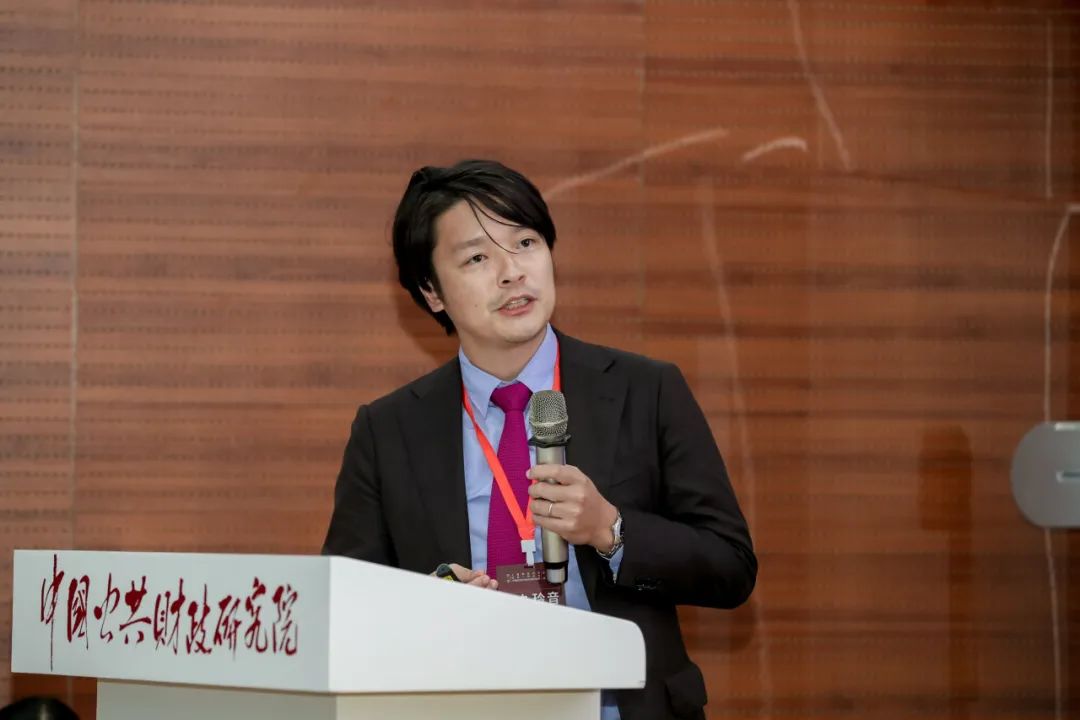
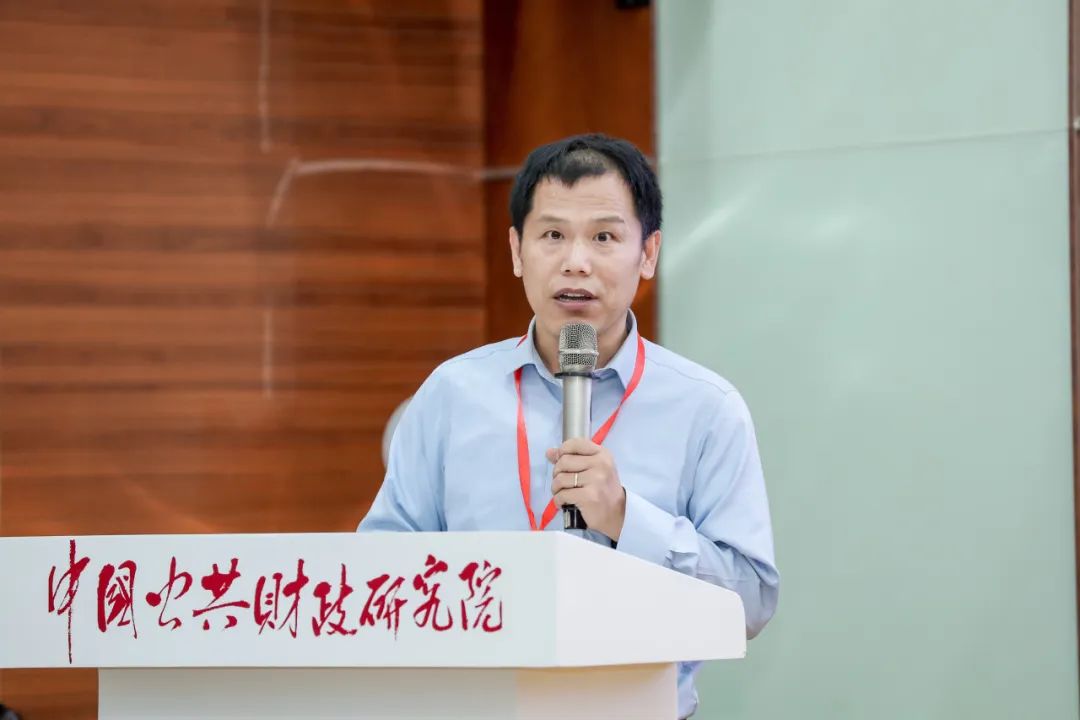
The closing ceremony was presided over by Associate Professor Zhang Muyang Chang Tenure, with speeches by Professor Liu Xiaochuan and Researcher Yan Kun. Professor Liu Xiaochuan firstly summarised the conference, pointing out that the participating experts and scholars discussed a wide range of topics involving many aspects in the field of public governance, which had important theoretical and practical significance.
Professor Liu Xiaochuan also talked about his own views on the development and use of big data, that the use of big data to provide convenience for life, but also some potential adverse effects, scholars need to carry out more in-depth research on these topics in the future. In his speech, researcher Yan Kun briefly introduced the development history of the Institute of Japanese Studies of the Chinese Academy of Social Sciences and looked forward to the holding of the third Sino-Japanese Academic Exchange Conference next year, hoping to maintain this form of cooperation for a long time and conduct more exchanges and discussions on important issues. This conference was successfully concluded.
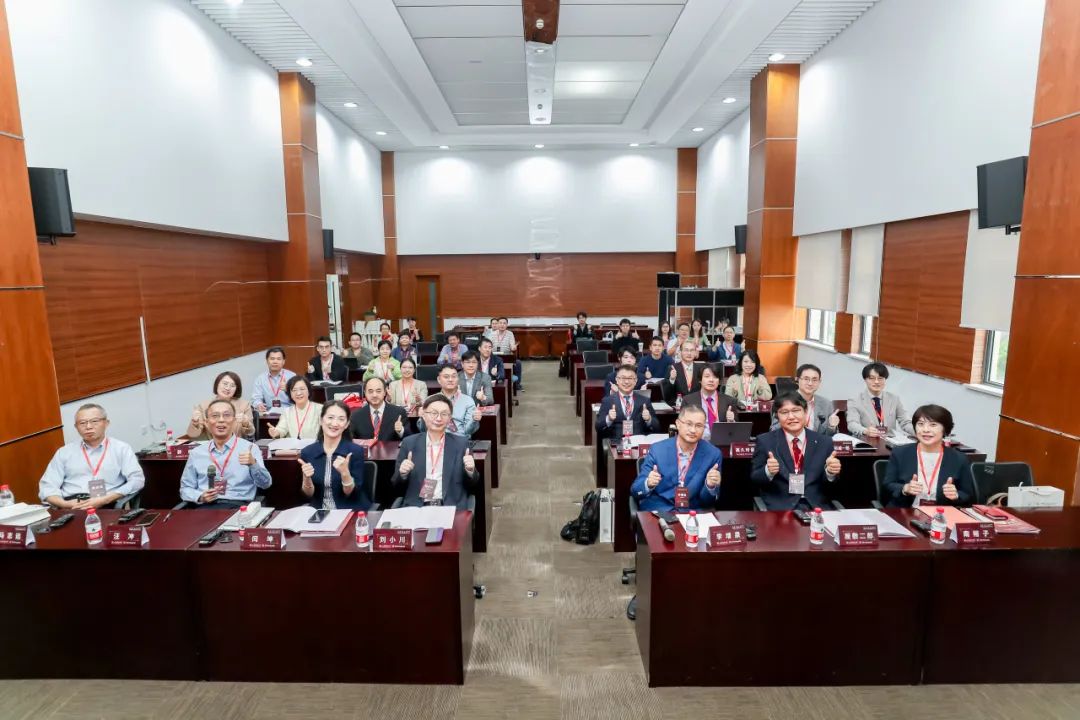
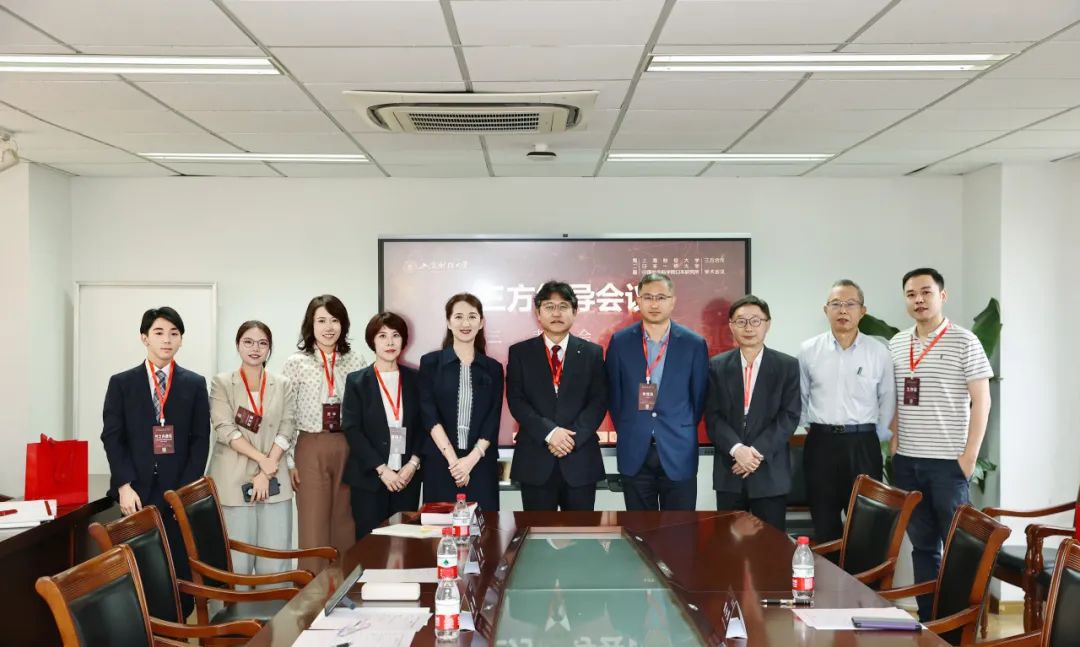
During this academic conference, a tripartite leadership meeting was held in parallel to discuss the host and theme of the third academic conference, and it was determined that the third academic conference would be hosted by the Institute of Japanese Studies of the Chinese Academy of Social Sciences.


